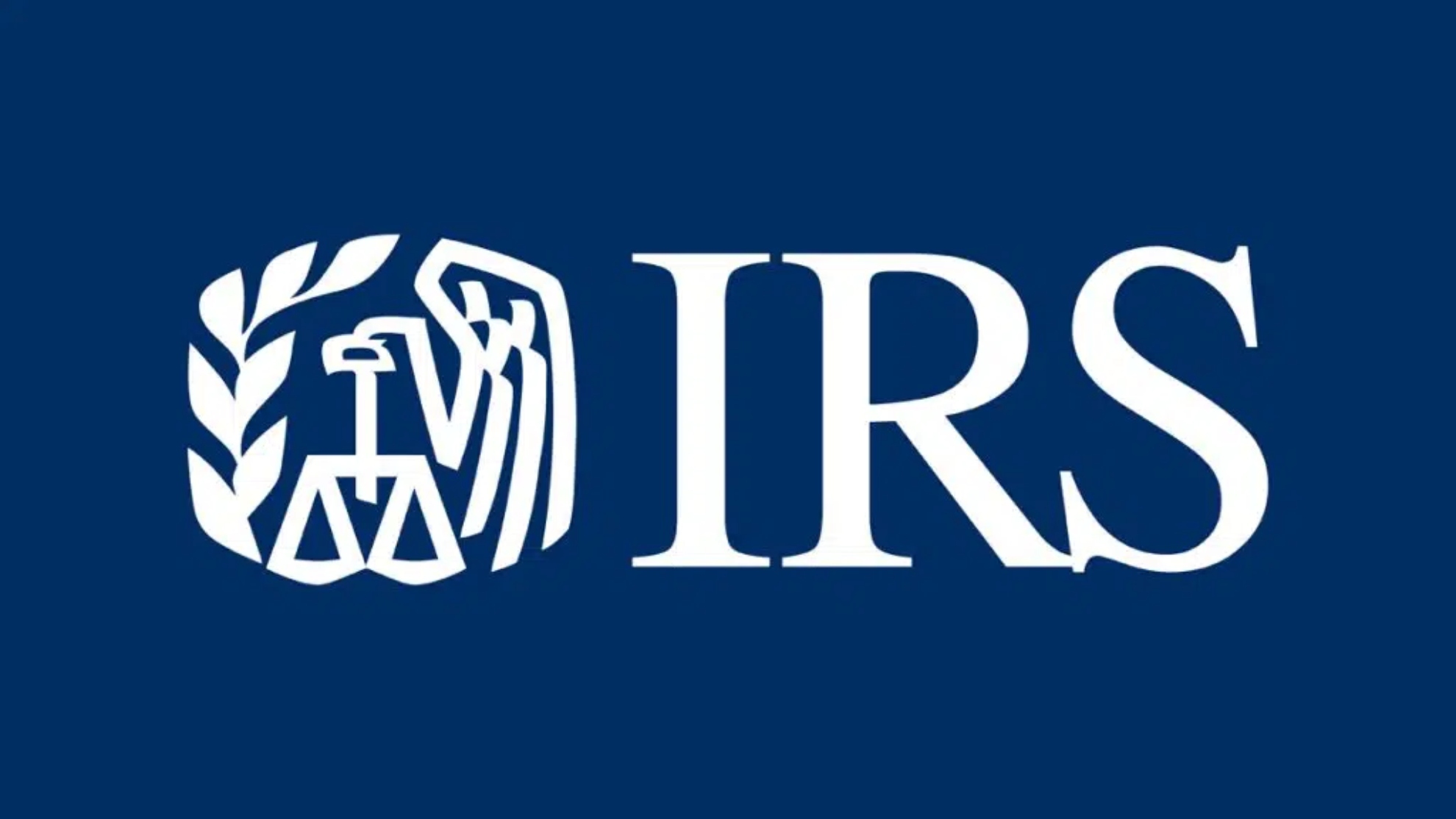The US Internal Revenue Service (IRS) has declared that the Treasury and IRS plan to amend section 871(m) regulations, as stated in Notice 2024-44. This amendment will postpone the effective and applicability dates of specific provisions.
This notice also includes extending the transitional relief outlined in Notice 2022-37 for an additional two years.
An extension has been granted for the phase-in year concerning delta-one and non-delta-one transactions. Specifically, section 871(m) regulations will not apply to non-delta-one transactions issued before 1 January, 2027. Additionally, the good faith efforts standard will be in effect for all delta-one transactions from 2017 through 2026, and for non-delta-one transactions in 2027.
The IRS will extend the period until 2026 during which it will consider the extent of a qualified derivatives dealer’s (QDD) good faith effort to comply with section 871(m) regulations and the relevant provisions of the 2023 Qualified Intermediary (QI) Agreement.
An extension of the simplified criteria for determining combined transactions now includes 2025 and 2026.
The phase-in relief for QDDs has been extended. A QDD will not be taxed on dividends and dividend equivalents received in 2025 and 2026 in its capacity as an equity derivatives dealer. It will also be exempt from withholding on dividends. Additionally, a QDD will not need to calculate its section 871(m) amount utilising the net delta exposure method until 2027. Furthermore, a QDD is exempt from performing a periodic review of its QDD activities for the years 2025 and 2026.
The extension of the Qualified Securities Lender (QSL) transition rules, as outlined in Notice 2010-46, allows withholding agents to apply QSL rules for payments made in 2025 and 2026.
Prior to the amendments to Section 871(m) regulations or the issuance of further guidance, taxpayers can depend on the provisions outlined in Notice 2024-44.
















